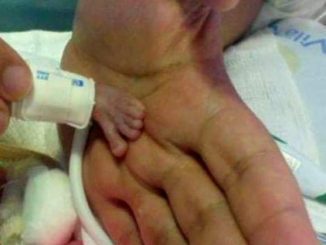Losing a loved one is a challenging experience, and people often express their grief and remembrance in different ways. While various cultures have traditions of leaving offerings like flowers or snacks on graves, placing coins on gravestones holds a special meaning, particularly for veterans and their families.
The history of placing coins on gravestones is not entirely clear, with some suggestions dating back to the Roman Empire. However, the tradition gained prominence during the Vietnam War. Due to the political divide and sensitivities surrounding the war, leaving a coin was considered a practical way to communicate a visit without potentially uncomfortable discussions with the soldier’s family.
The tradition symbolizes respect for fallen comrades, with each coin carrying a specific meaning. A penny signifies a visit, a nickel represents shared boot camp experiences, a dime symbolizes serving together, and a quarter holds a special significance, indicating the person was present during the time of death.
This practice is part of a broader tradition in military culture, as challenge coins have also become a significant aspect of camaraderie among service members. Challenge coins, though holding no monetary value, represent unity among those who have served.
While coins on gravestones are a unique military tradition, coins have played symbolic roles in various cultures for different reasons. Whether expressing good luck, making wishes, or serving as symbols of status and fortune, coins carry significance. While the exact origins of placing coins on gravestones may remain unclear, the tradition serves as a poignant way to acknowledge and honor the sacrifices made by those in the military and their families.


